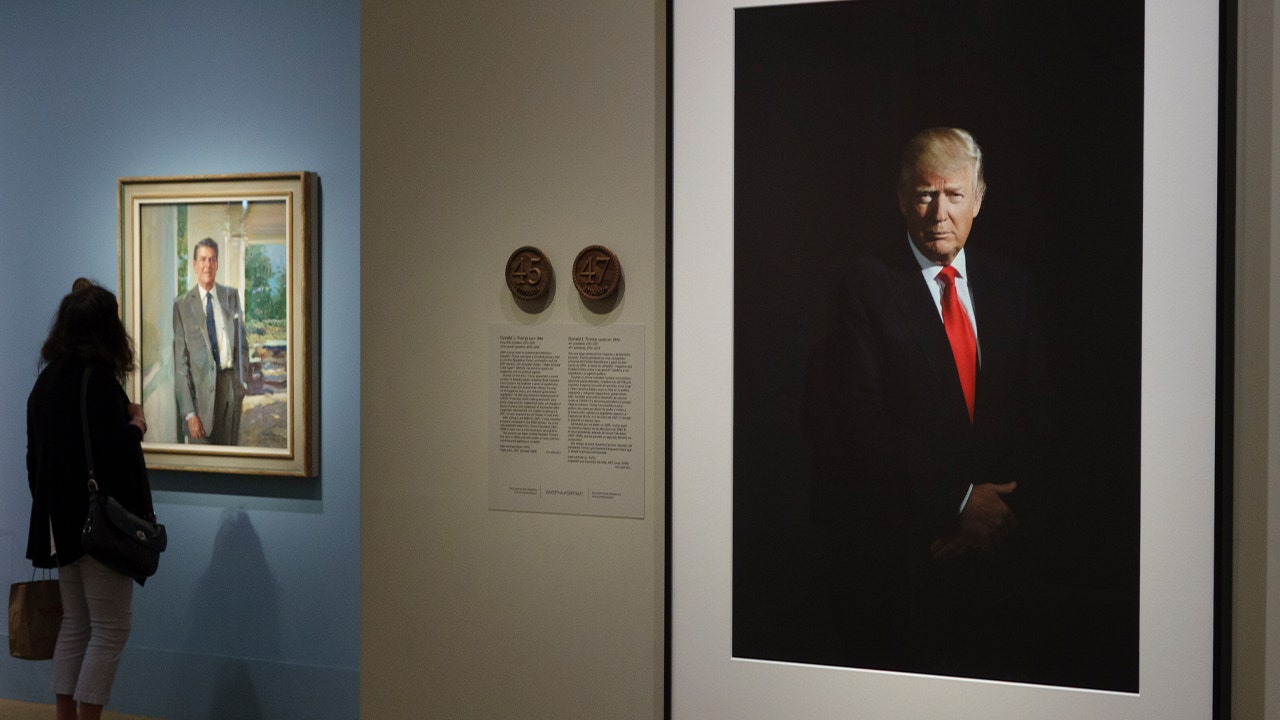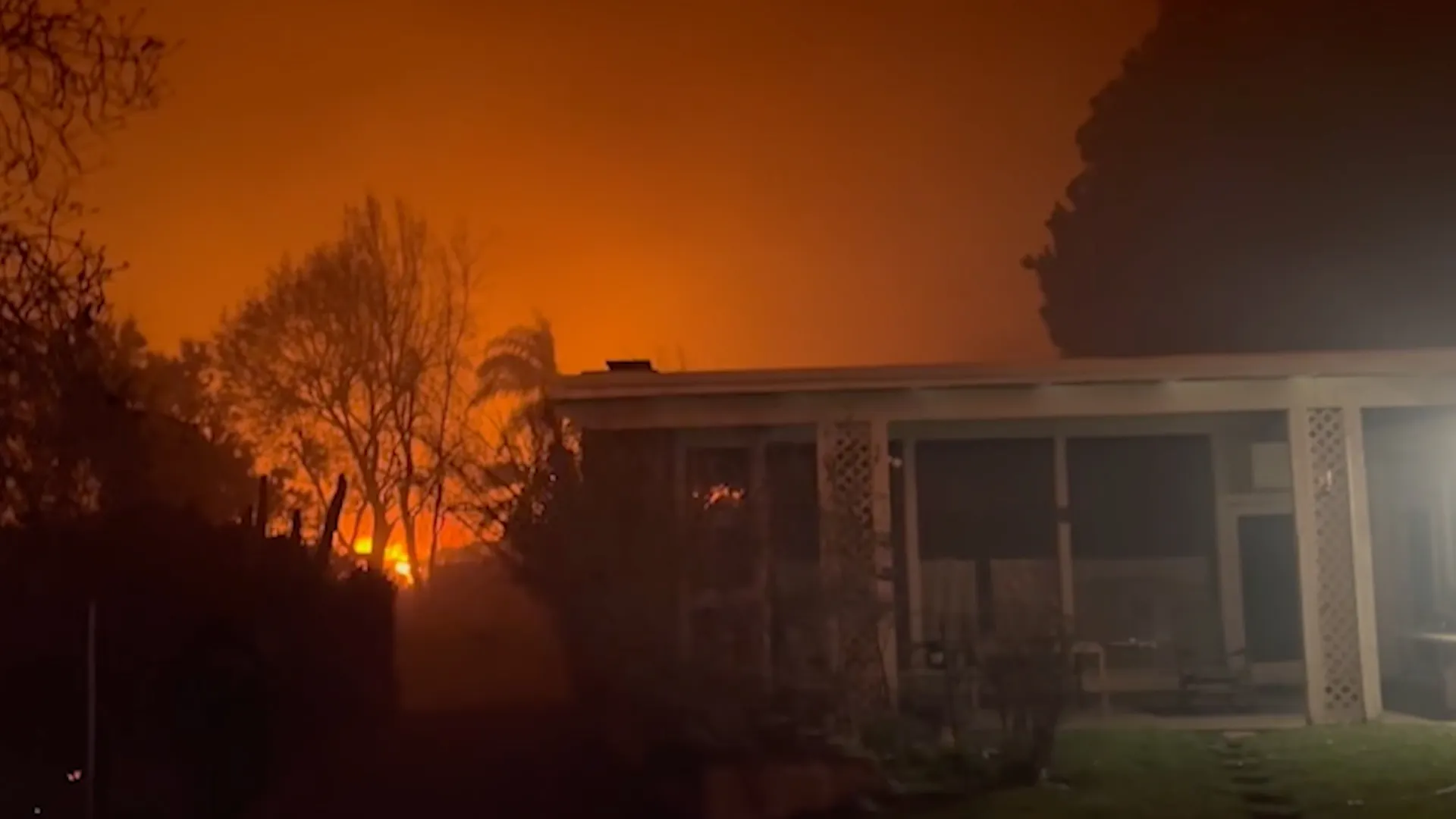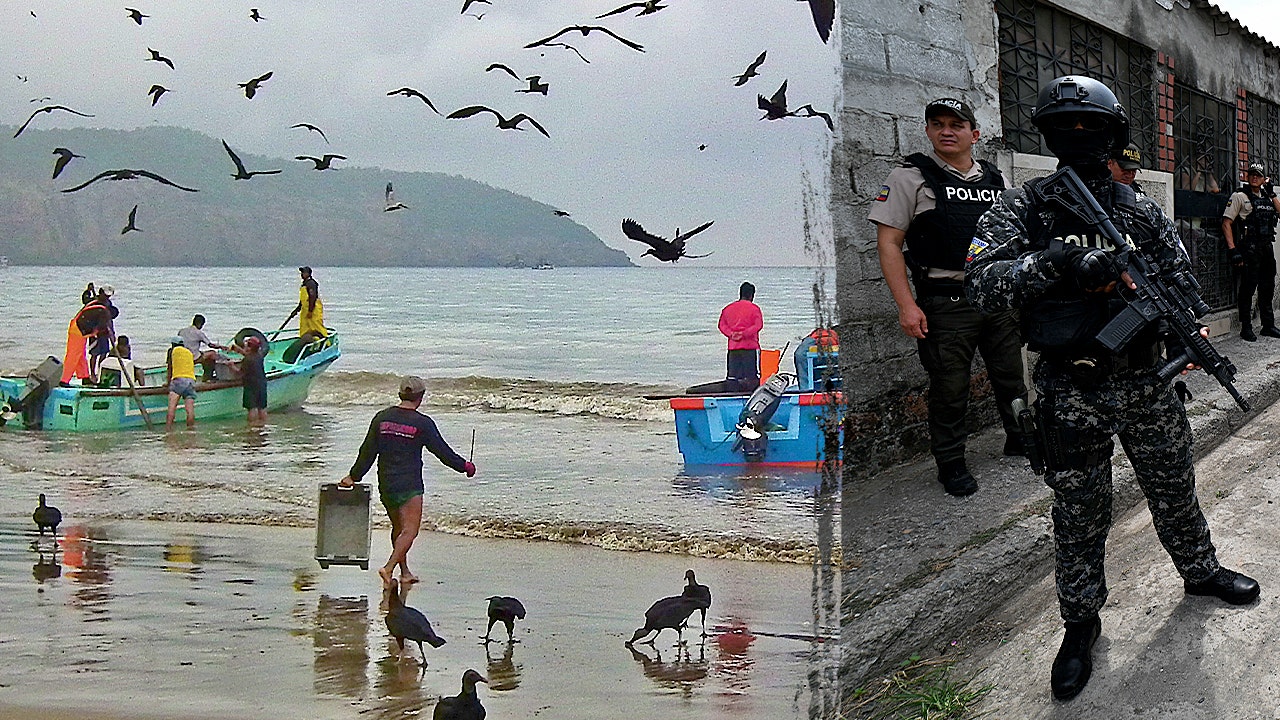New Army unit seeks to disrupt ‘malign influence’ in Indo-Pacific

The U.S. Army earlier this month activated a new unit aimed at “disrupting malign influence” in the Indo-Pacific region, bringing information operations into the conventional battlespace.
Headquartered on Fort Shafter, Hawaii, the 1st Theater Information Advantage Detachment, or 1st TIAD, was officially launched Nov. 7, the unit’s public affairs officer said in a statement Tuesday, adding that the unit is “a direct reporting unit” to the U.S. Army Pacific commander.
The unit’s purpose is to “gain and maintain a strategic advantage through information dominance in the Indo-Pacific region by disrupting malign influence, increasing cooperation with key partners, and promoting regional stability through a shared commitment for a free and open Indo-Pacific,” according to an Army fact sheet. It will be responsible for a region spanning 36 countries across northeast, southeast, south Asia and Oceania.
The unusual 65-soldier formation combines military intelligence, psychological operations, electronic warfare, public affairs, civil affairs, information operations and cyber operations into a set of dedicated teams.
“There is talk, and I’m not going to speculate on the size of that talk, but there is talk for growth,” Command Sgt. Maj. Avery Bennett, the unit’s senior enlisted adviser said in a statement when asked about the size of the detachment.
The Hawaii unit is the first of three Theater Information Advantage Detachments to activate, Capt. Avery Smith II, a member of the 1st detachment’s engagement team, said in a statement. Second TIAD is projected to activate at Fort Gordon, Georgia, in the spring of 2026 and 3rd TIAD will follow at Wiesbaden, Germany, in the fall.
The creation of this new unit may mark a fundamental change in how the military understands the battlespace, one national security analyst said.
“It’s a signal that we’re now treating information operations as part of the conventional fight and that means doing it at a much larger scale,” said Anthony Vinci, adjunct senior fellow at the Center for a New American Security, who added that “conventional forces are orders of magnitude larger and are more worried about issues that can affect large numbers of people.”
Though the real-life operations of this unit remain unclear, this type of formation could be used to oppose information campaigns waged by America’s adversaries, said Vinci, who is also the author of “The Fourth Intelligence Revolution: The Future of Espionage and the Battle to Save America.”
For example, in the Indo-Pacific theater, he said, campaigns by those who oppose the U.S. could be intended to reduce local support of American involvement or shift that community’s allegiances “over to China.”
Eve Sampson is a reporter and former Army officer. She has covered conflict across the world, writing for The New York Times, The Washington Post and The Associated Press.
Read the full article here









